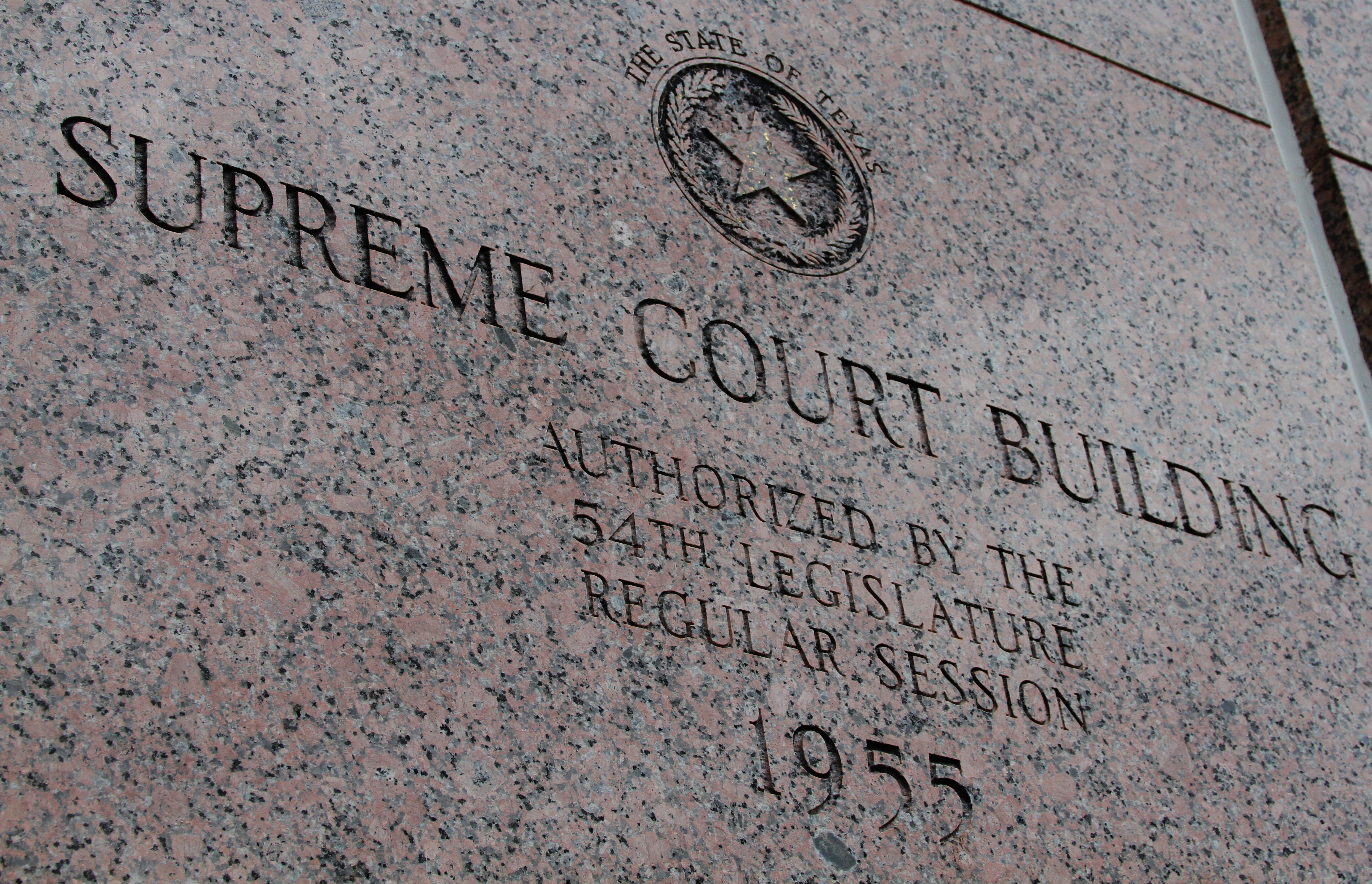Lawson v. City of Diboll
No. 15-037
Case Summary written by Petrus Wassdorf, Staff Member.
The Diboll Youth Baseball League is allowed to hold its games at Old Orchard Park, owned and operated by the City of Diboll, free of charge to the league or its spectators. Petitioner attended the opening day of the youth baseball season with 1,500 other spectators. Upon exiting the baseball complex with family and other spectators Burns tripped on a hollow pipe protruding several inches out of the middle of the walkway and was injured. This premises defect suit followed claiming that the City of Diboll breached its duty of ordinary care by “failing to provide a safe walkway passage free of obstacles.”
At the trial court the City asserted that the recreational use statute raised the liability standard necessary to invoke the immunity waiver of the Texas Torts Claims Act. The trial court denied the plea, which was taken up on interlocutory appeal by the Court of Appeals for the Twelfth District of Texas. The appeals court granted the plea to the jurisdiction, because the petitioner’s activities at the park constituted “recreation,” and dismissed the case for lack of subject matter jurisdiction.
Issue: Whether the petitioner’s activities at the park constituted “recreation” under the Texas Torts Claims Act.
The Court relied upon its recent plurality decision in University of Texas at Arlington v. Williams, decided after the decision of the Twelfth Court of Appeals, in which it determined that activities such as the ones that the petitioner was engaged in do not qualify under the recreational use section. The Court held in Williams that “neither watching a competitive-sporting event nor related acts of egress are encompassed in the recreational use statue’s definition of ‘recreation.’” The City attempted to factually distinguish Williams but the Court dismissed those distinctions focusing instead on the type of activity, and its relationship to, activities expressly set out in the recreational use statute or “appreciation of the natural world.” For these reasons the Supreme Court of Texas reversed the judgment of the Twelfth Court of Appeals and remand the case to the trial court.


